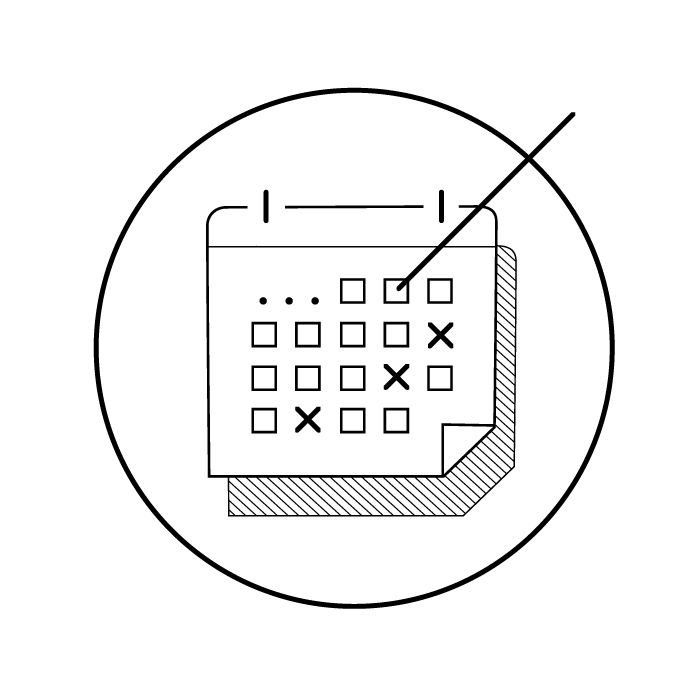 Conference
Conference
Friedrich Max Müller and the Role of Philology in Victorian Thought
Conference
16–18 April 2015
Conveners: John R. Davis (Kingston University); Angus Nicholls (Queen Mary University of London)
Venue: German Historical Institute London
Collaborating institutions: Centre for Anglo-German Cultural Relations, Queen Mary University of London; English Goethe Society; German Historical Institute, London
Friedrich Max Müller (1823–1900) was one of the most well known academics in Victorian Britain. His popular writings enjoyed a wide readership and acclaim. His public lectures were sell-out events. He was a prominent figure in the popularisation of evolutionary thinking before Darwin. His theories regarding the origins and development of language served to create a public fascination with the past, with legend and with myth. His public role in the contexts of imperialism and British understanding of the cultures of the Indian subcontinent brought him notoriety. Good-looking, witty and gifted, Max Müller was, for many outside academe, the embodiment of the German Professor and a forerunner of today’s media-savvy academic.
Despite being credited with significance in many fields of Victorian intellectual and public life, Max Müller’s life and work have not been subjected to sufficient scholarly attention. The relatively recent biography by Lourens P. van den Bosch (Friedrich Max Müller: A Life Devoted to the Humanities, 2002) has provided an excellent overview that should now enable more detailed evaluations of Max Müller’s contributions to many facets of intellectual life. By necessity, such evaluations must be biographical, historical and interdisciplinary. The proposed conference will therefore bring together academics from a range of disciplines. It seeks to recapture, and evaluate comprehensively and rigorously, Friedrich Max Müller’s significance personally, intellectually, and publically.
Call for papers (PDF file)
Conference programme (PDF file)
The conference proceedings are published in: Publications of the English Goethe Society, 85 (2-3), 67–228